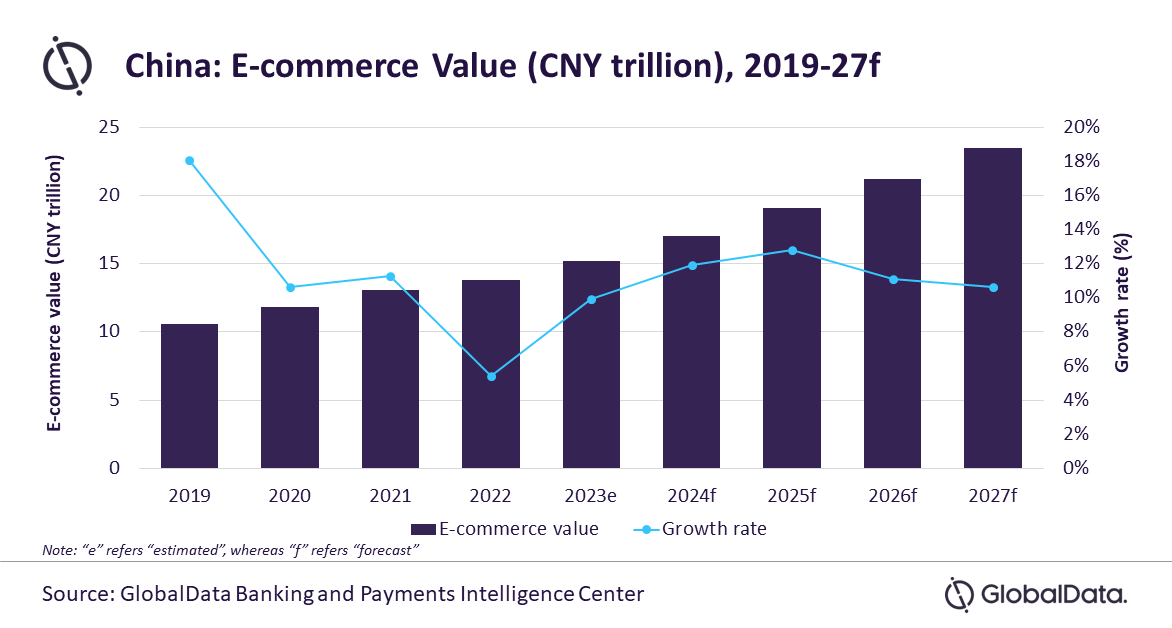
In a bid to prevent potential fraud as well as encourage easier access to banking, there has been a strong interest in biometric solutions the World over and in advanced African countries like in South Africa (and other developing countries) where banking and electronic payments may still be nascent.
To try and fill this gap, Visa has now introduced a new specification to use biometrics with chip card transactions; a specification that enable palm, voice, iris, or facial biometrics and is the first-of-its kind technology framework designed to work with the EMV chip industry standard to help ensure open, globally inter-operable solutions that can work on Europay, MasterCard, and Visa.
Biometric verification is intended to prevent fraud as well as make it easier to pay for goods and services in a secure manner using fingerprints as acceptable verification by a biometric reader. These fingerprints are processed by encrypting, and then validating them to make a payment.
This specification also supports “match-on-card” authentication where the biometric is validated by the EMV chip card and never exposed or stored in any central databases meaning no data is stored locally making it less susceptible to duplication and identity theft.
Issuers of these biometric-enabled inventory can also choose validate the biometric data within their secure systems for transactions occurring in their own environments like in their own ATMs or Point-Of-Sale systems and because Visa’s design is built on the EMV chip standard, the biometric cardholder verification can be seamlessly integrated with the technology used by over 3.3 Billion chip cards around the world.
Financial institutions, solution providers, and others in the digital payments ecosystem can rely on an interoperable and consistent infrastructure for supporting biometrics.
Speaking on behalf of Visa, Mark Nelsen – Senior Vice President of Risk Products and Business Intelligence at Visa says, “There is increasing demand for biometrics as a more convenient and secure alternative to signatures or PINs, especially as biometrics technologies have become more reliable and available. However, to support wide adoption, it is equally important that solutions are scalable and based on open standards. Building on the EMV chip standard provides a common, interoperable foundation, as well as encourages innovation in cutting-edge biometric solutions.”
South Africa’s ABSA Bank, a wholly-owned subsidiary of Barclays Africa Group, will be the first to use Visa’s specification to develop a proof of concept trial beginning the 4th and final quarter of 2015.
Cardholders will use fingerprint readers at select ATMs within the ABSA network to replace the usual 4 digit PIN we ATM users have all come to get use to.
Visa will offer to contribute the technology to EMVCo, the global technical body that manages the EMV® Specifications, to further develop and administer the standard for the benefit of the entire payment industry.





